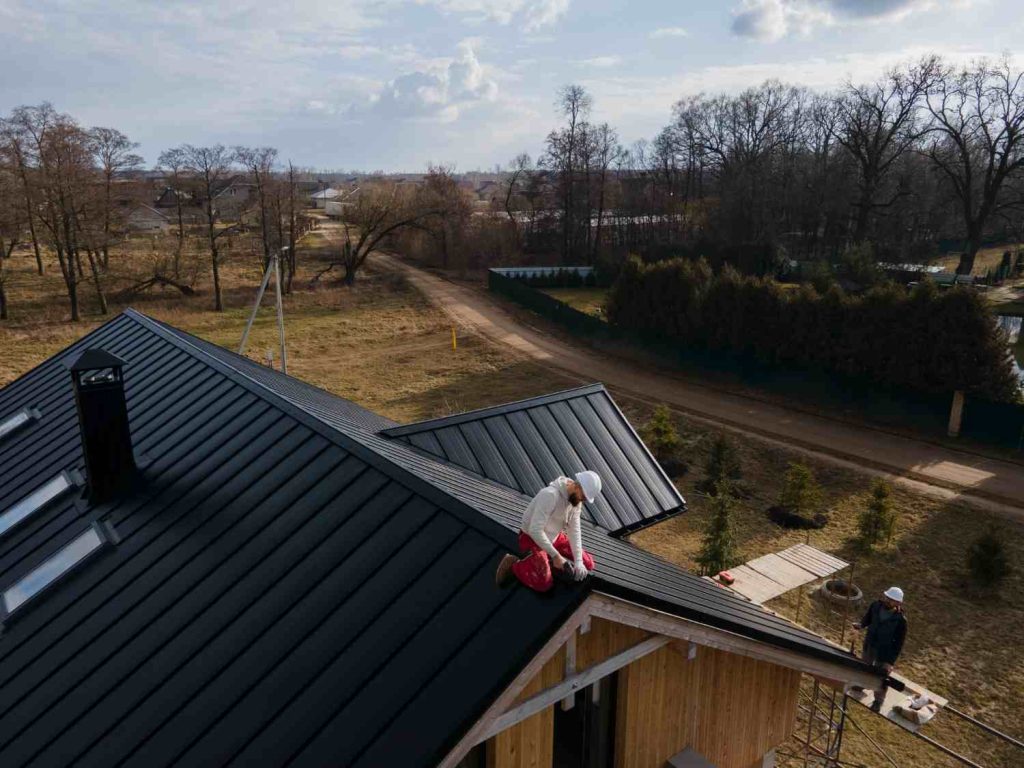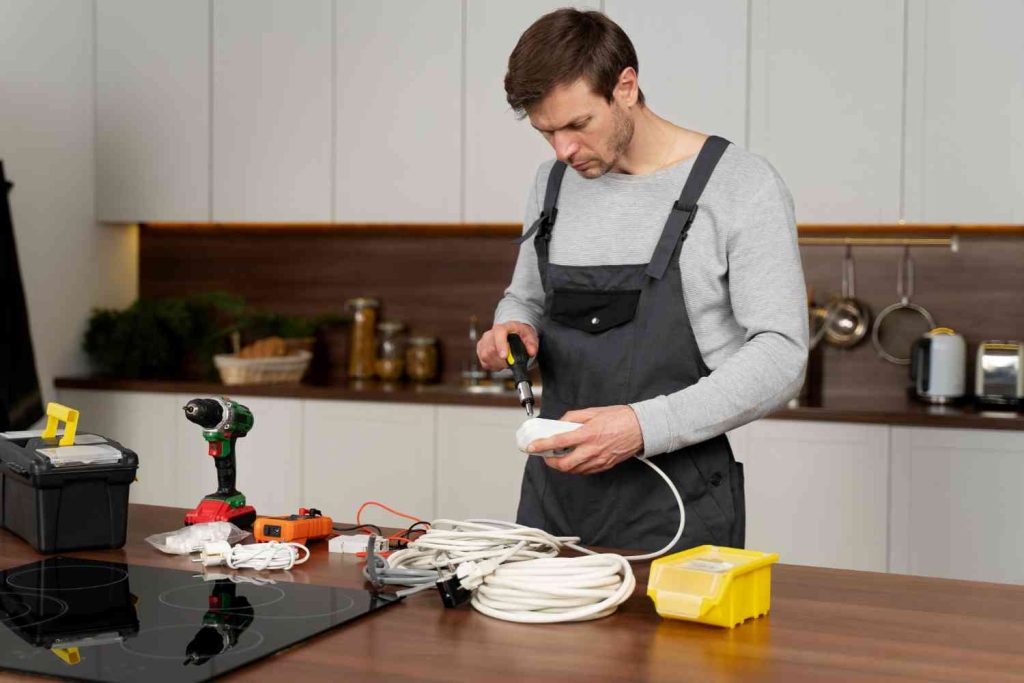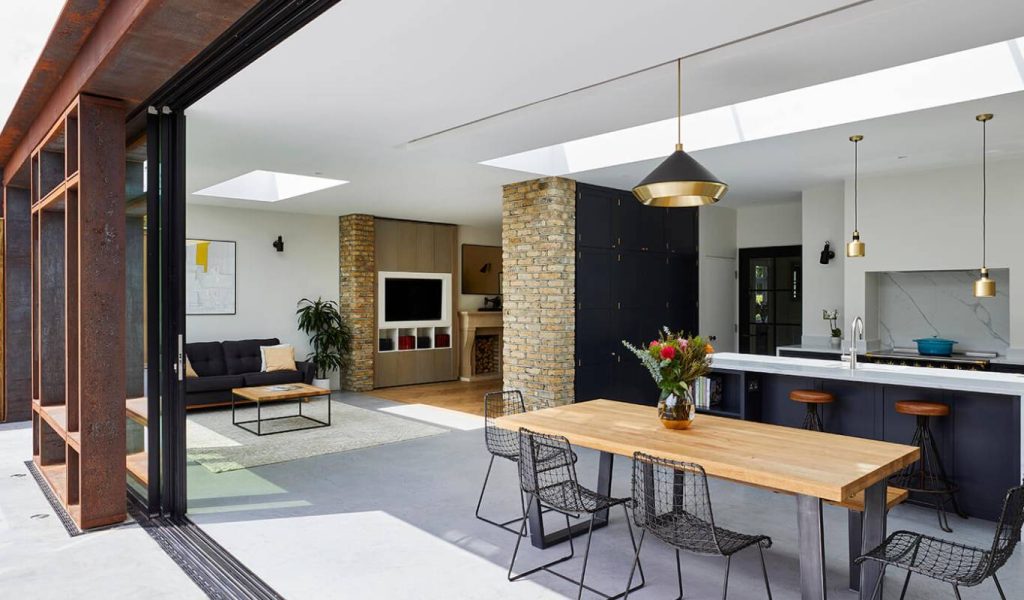The cost of tiling a bathroom range from £700 to £1,200 for a medium-sized bathroom; this cost estimation is for tiling both the wall and floors. It includes the cost for the materials, tiles, and labour used throughout the process, from supplying to finishing.
However, this is just an estimation—the actual cost will significantly vary depending on some factors, such as the types of tiles used, bathroom size, and labour costs in a particular area.
So, what is the precise figure? How much expense can I actually expect from tiling my bathroom? Can I reduce the cost? If yes, then how? Well, I will discuss all these aspects in this guide. Not only estimate the cost at each step but also how you can reduce that.
How Much Does It Cost to Tile A Bathroom?
As I added earlier, the cost of tiling a medium-sized bathroom ranges from £700 to £1,200, including tiles, materials, and labour. However, some factors can affect this estimation, and the following discussion will describe those.
Tiles
Tiles are the first and foremost important factor that most influence the project’s overall price. Their prices can vary among suppliers, with designer brands being more expensive. Natural stone tiles like limestone and marble are generally pricier than porcelain or ceramic tiles.
Here is an outline of different types of tiles and their prices per square metre.
|
Type of Tile |
Cost (per square metre) |
|
Ceramic tiles |
£8 |
|
Porcelain tiles |
£12 |
|
Limestone tiles |
£45 |
|
Marble tiles |
£60 |
|
Encaustic tiles |
£100 |
Wastage
When a tiler is working on installing tiles in your bathroom, it’s obvious that there is gonna be some tile wastage. Some tiles may break accidentally, or tiny pieces may be cut in inaccurate sizes. Therefore, we can’t neglect the tile wastage.
Adding 10% extra tile material to account for wastage during installation is typically advised. However, if your bathroom has complex areas like pipework boxing, alcoves, or uneven walls, increasing that percentage to 15% is safer to ensure you have enough tiles.
Labour
A good, experienced, and trustworthy tiler typically charges around £120 to £200 per day for their services. This rate does not possess the cost of materials and can vary based on your location.
Tilers usually prefer to charge based on a daily or hourly rate instead of a fixed price for the entire job. They do so since many factors can influence the time it takes to tile a bathroom.
However, if you ask for the time frame of the job and total labour cost, they will usually give you an estimate of the time required for the job before you agree to hire them.
Demolishing the Old Tiles
If you are replacing existing tiles, you will need to factor in the cost of demolishing the old tiles. A tiler can typically do this for an additional £100 – £200.
Tile Adhesive and Grout
To stick the tiles to the floor and wall, you will need adhesive. A 20-kilogram bag of standard powdered adhesive costs approximately £15-£20. A 2.5-kilogram bag of flexible grey grout is priced around £8-£10 for grouting between the tiles.
On average, the cost of adhesive and grout should be around £10 per square metre of tiles. But the price of adhesive and grout depends on factors like the brand, type (such as rapid set, ready-mixed, or high flex), and the amount required based on the area you are tiling.
Tile Trim
Tile trims are used to protect the edges of tiles and give them a polished appearance. They help prevent damage to the tiles and create an overall professional look.
Plastic tile trims are the most affordable option, typically sold in 2.5-meter lengths and costing around £7 per 2.5 metres. Metal trims are available at around £24 per 2.5 metres if you want a stylish and upscale look.
When purchasing materials for tiling your bathroom, consider buying tile trims to give a tidy finish to the exposed edges. Don’t forget to add this aspect to the list.
Walls and Floors Preparation
The walls and floors of your bathroom must be prepared before the new tiles can be installed. This may involve sanding, priming, and sealing the surfaces. You can expect to pay between £50 and £100 for this preparation work.
Delivery
When purchasing tiles and installation materials, some suppliers offer free delivery for orders above a certain amount, while others charge for delivery.
Since these items are heavy, delivery typically requires a vehicle with a tail lift and a pallet. Delivery charges are often based on weight, ranging from approximately £45 to £75 per ton (1,000 kg).
![How Much Does It Cost to Tile A Bathroom? [Explained]](https://tenfoldrenovation.com/wp-content/uploads/2023/07/Tile-Bathroom.jpg)
How to Save Money on Tiling A Bathroom?
Using fewer tiles is the best way to cut costs and save money on the project. However, this isn’t possible as you can leave some untitled patches on the wall. Therefore, I am leaving this aspect but focusing more on the other aspect.
To save money on tiling a bathroom, consider the following tips:
Do it Yourself
Tiling the bathroom on your own can save you a lot of money, but make sure you have the necessary skills to do a good job. Wasting tiles or needing to hire a professional to redo the work would defeat the purpose.
DIY Prep Work
Even if you’re not confident in tiling, you can still save money by doing the prep work yourself. This includes removing old tiles and applying waterproofing membranes if needed.
Learn to Grout
Learning how to grout tiles can save you significant labour costs. It’s a relatively easy DIY task that can shave off at least half a day of professional labour.
Budget-Friendly Designs
Choose affordable tile designs for larger areas like shower walls. You can then splurge on more expensive feature tiles for focal points, such as above the basin and bath. Using designer tiles sparingly can still be affordable.
Selective Tiling
Instead of tiling the entire bathroom from floor to ceiling, consider confining the tiles to specific areas or spaces. For example, tile the walls around the bath or shower and use complementary paint on the remaining walls.

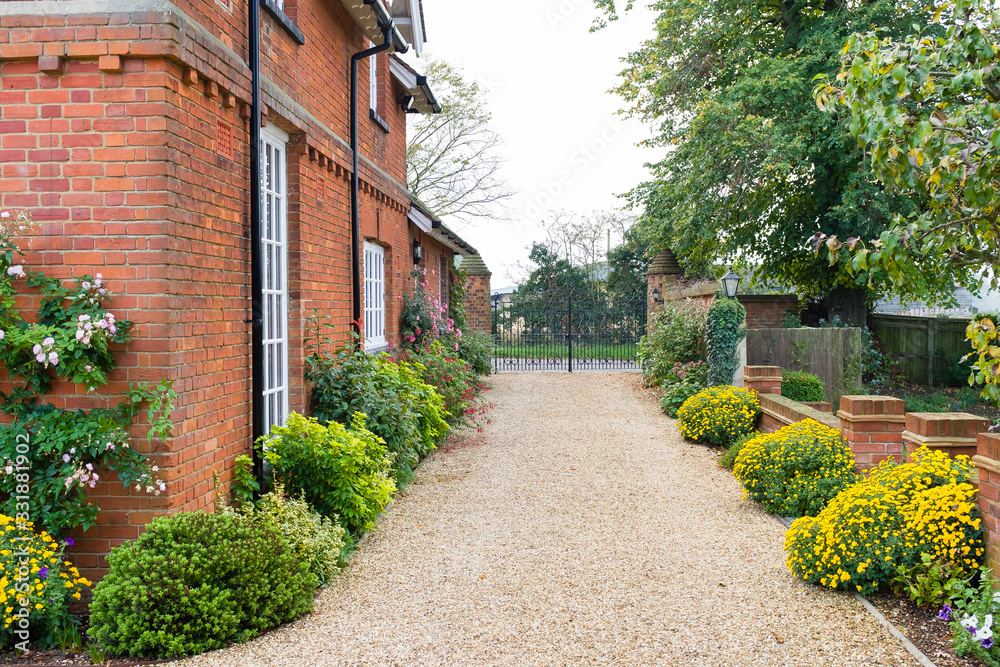

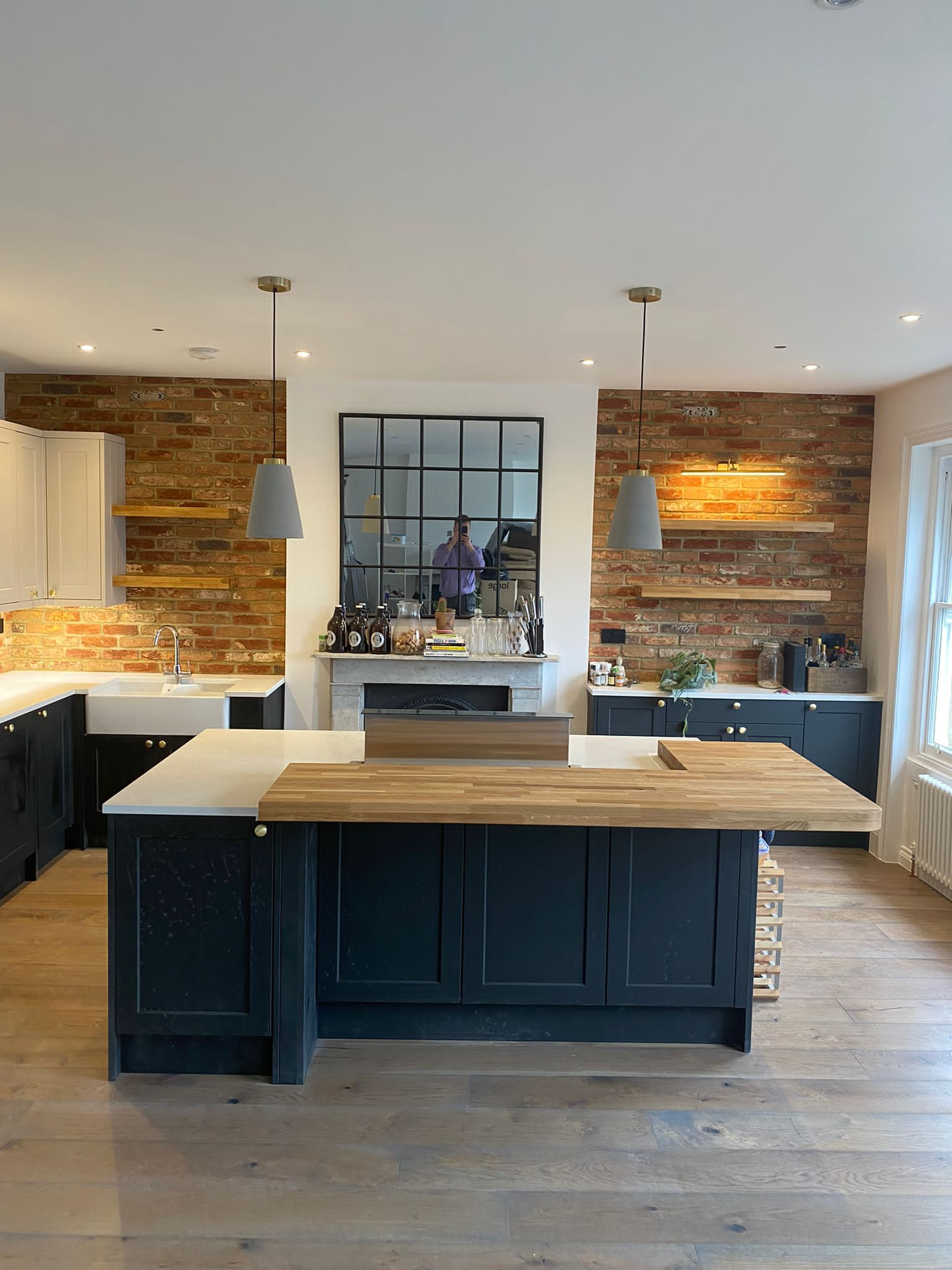

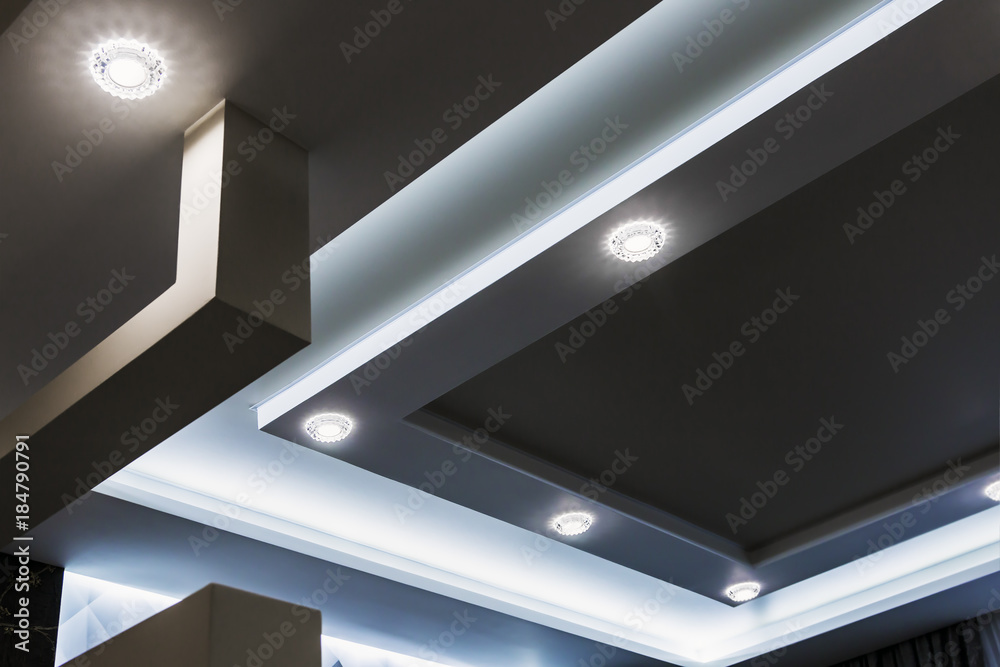
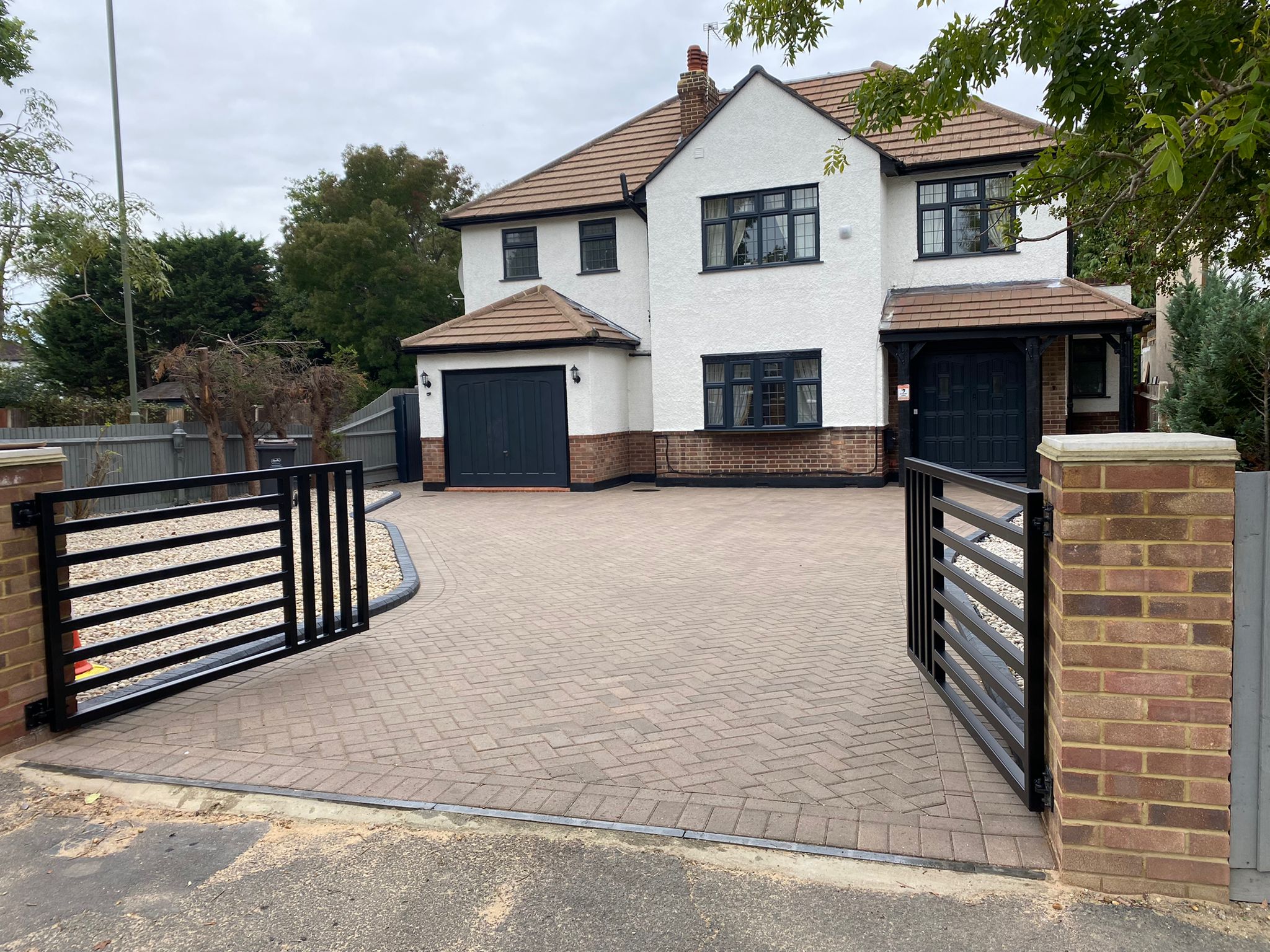
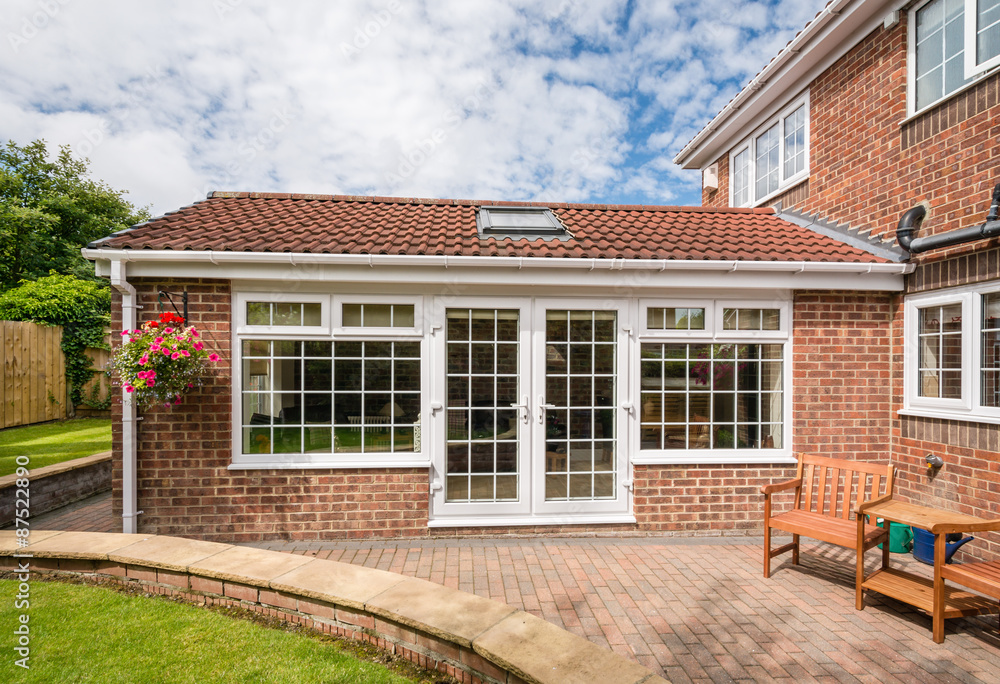
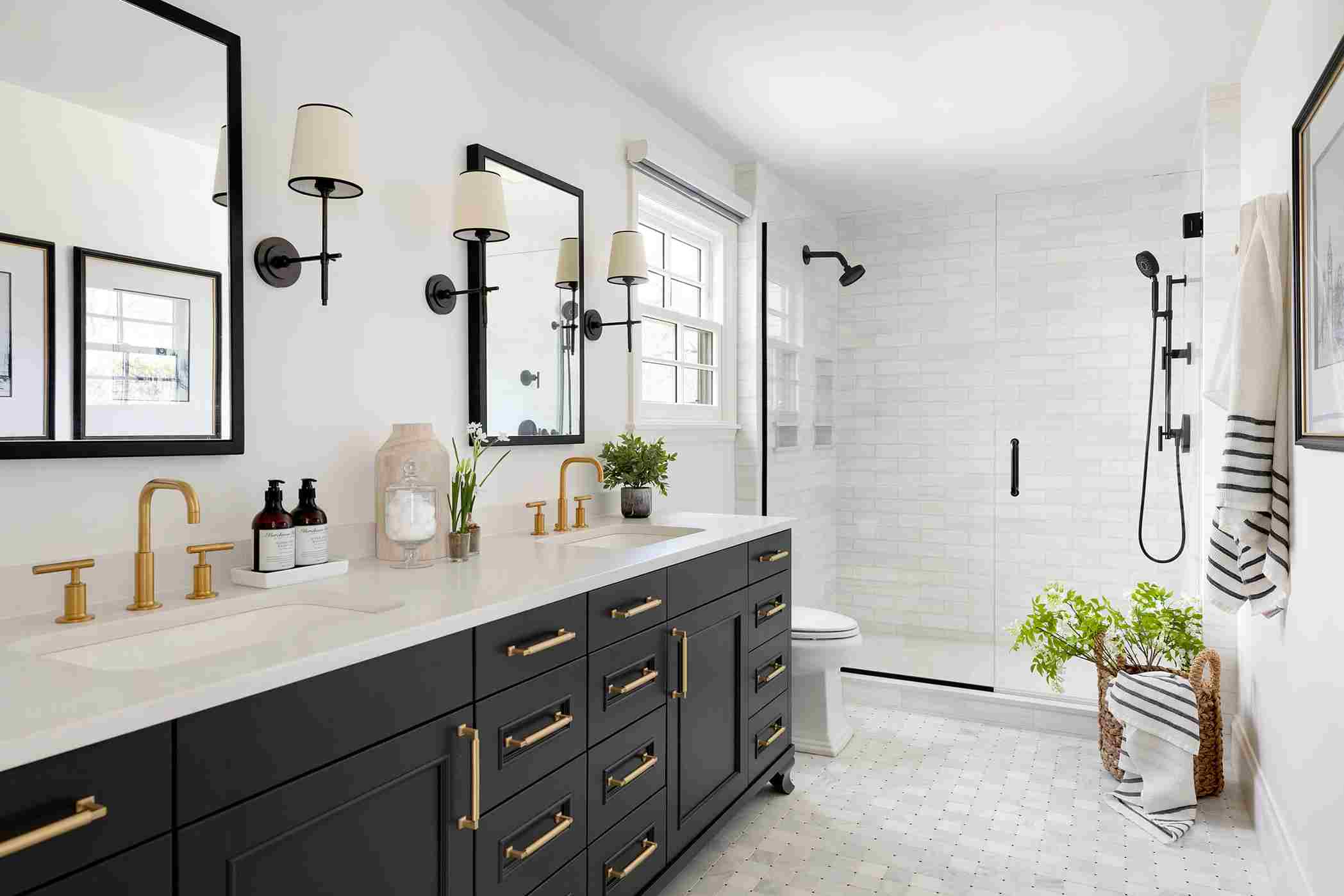
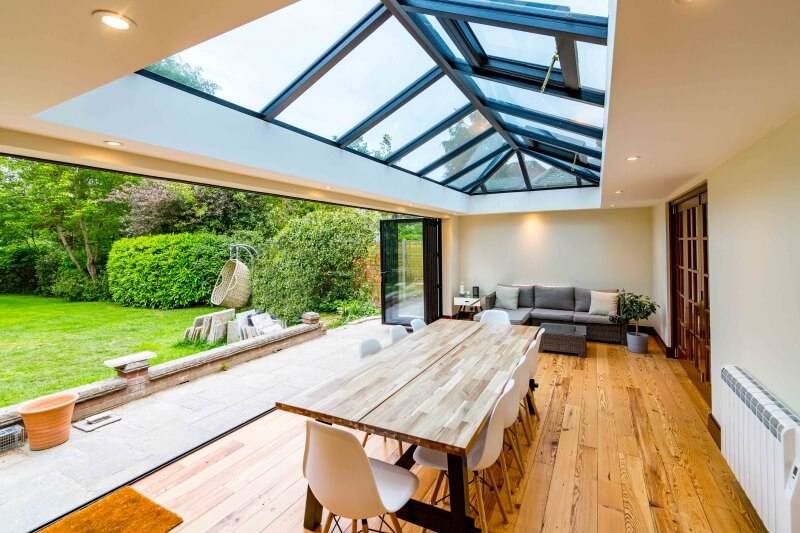
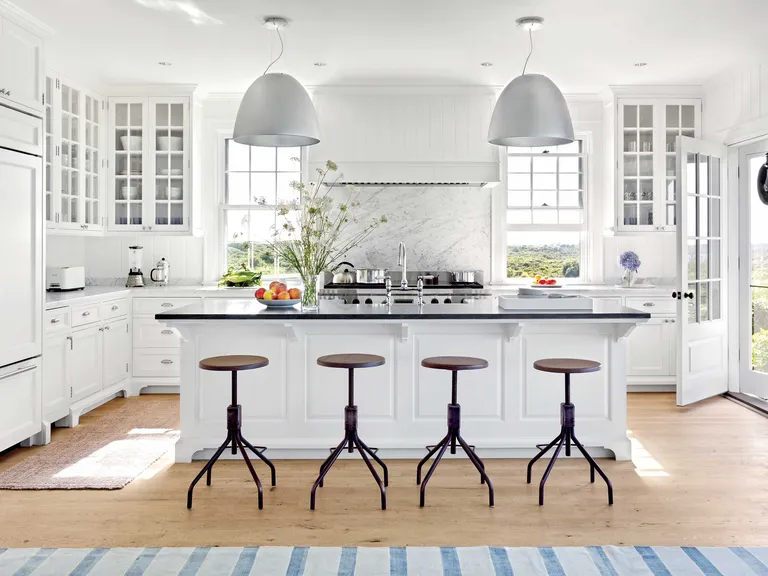
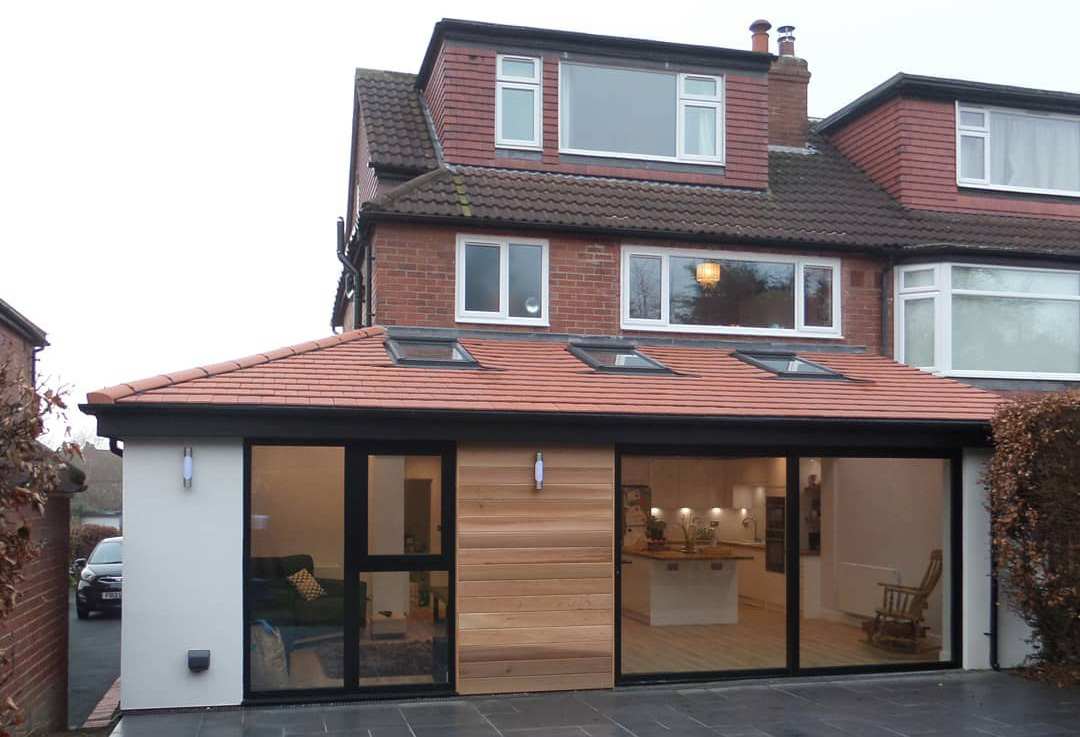
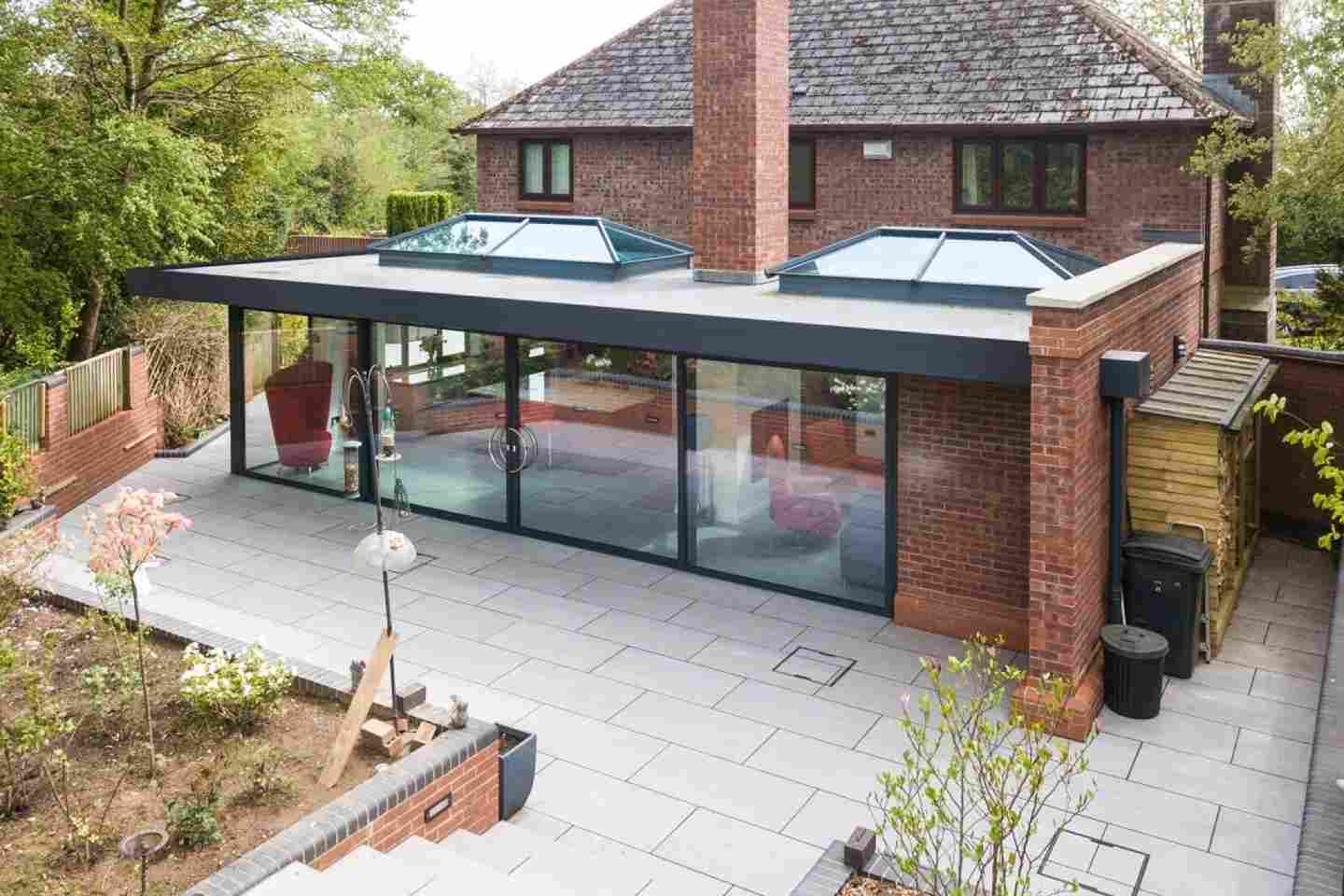
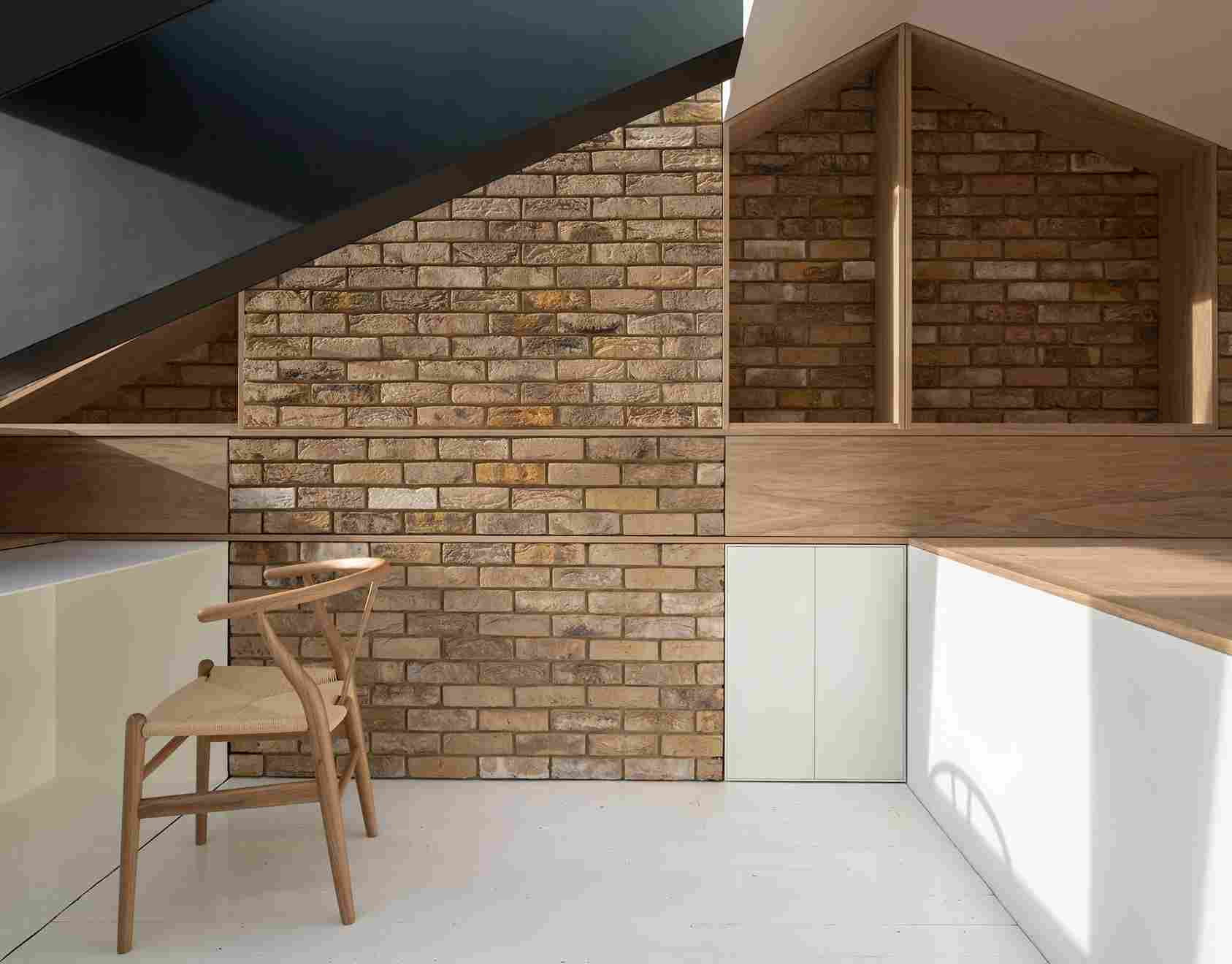
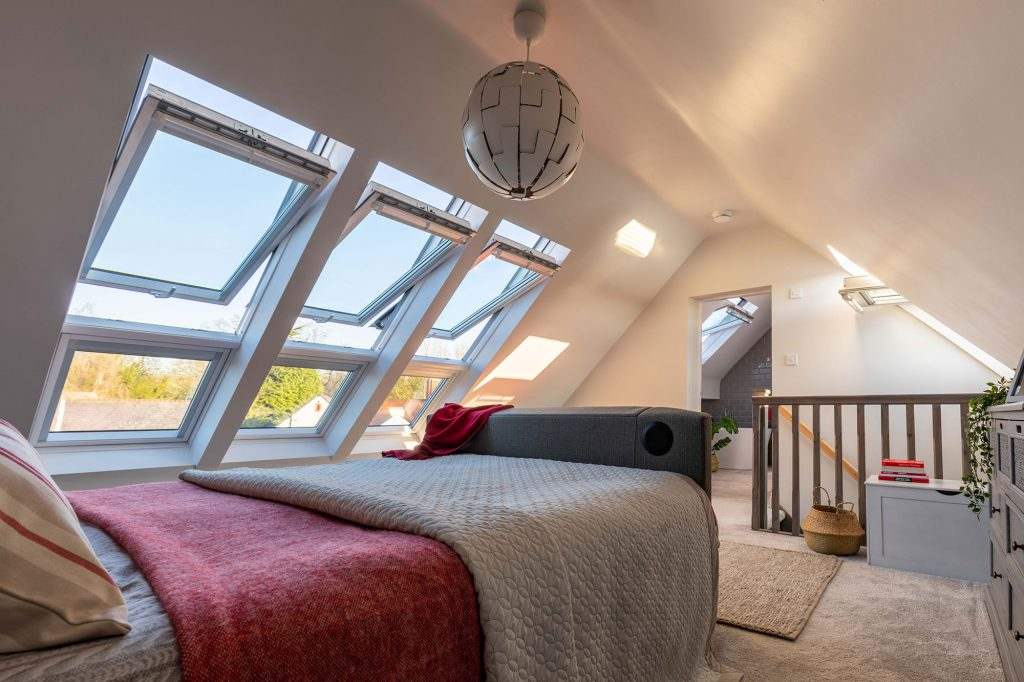

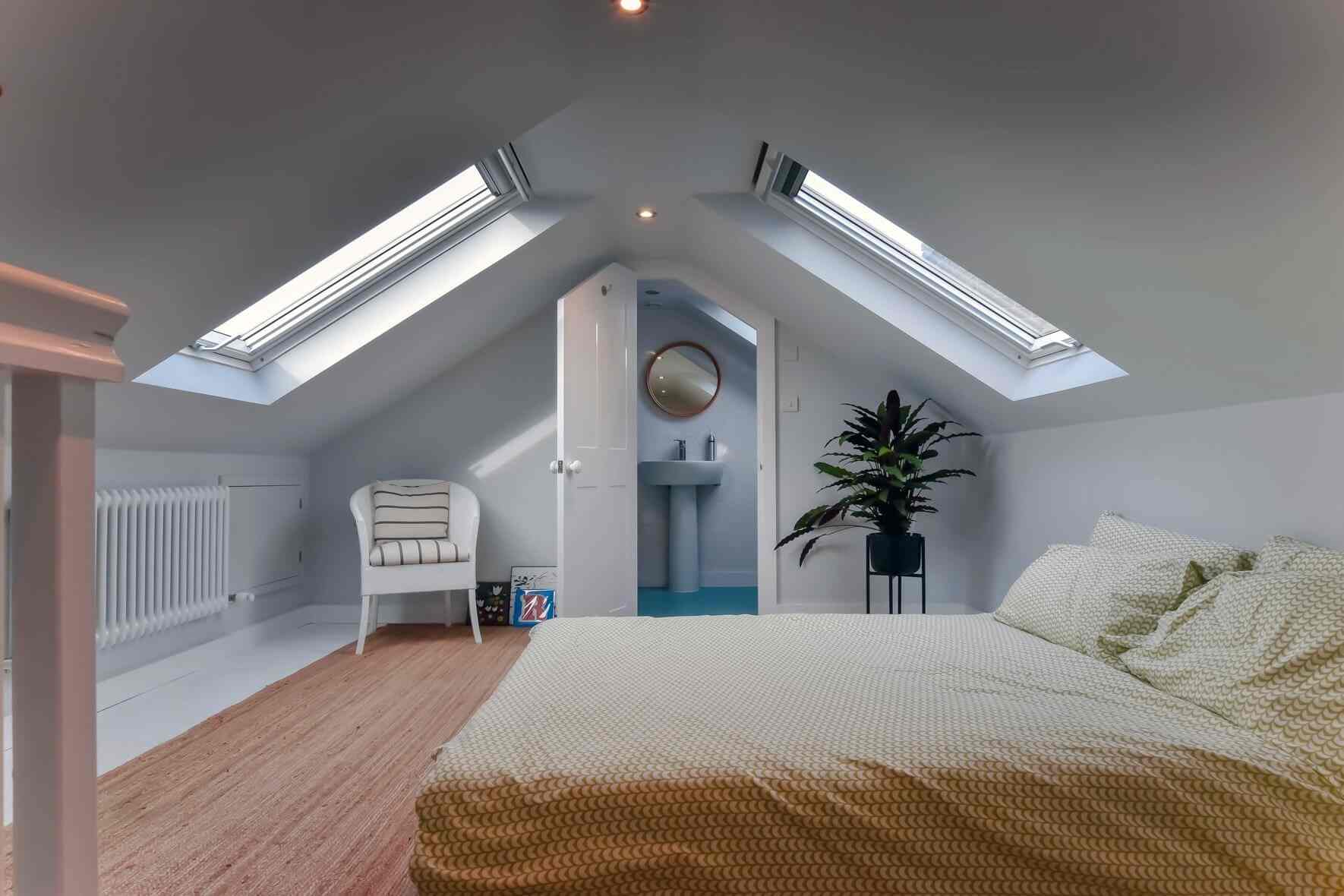
![How Much Does It Cost to Tile A Bathroom? [Explained]](https://tenfoldrenovation.com/wp-content/uploads/2023/07/Tile-A-Bathroom.jpg)
